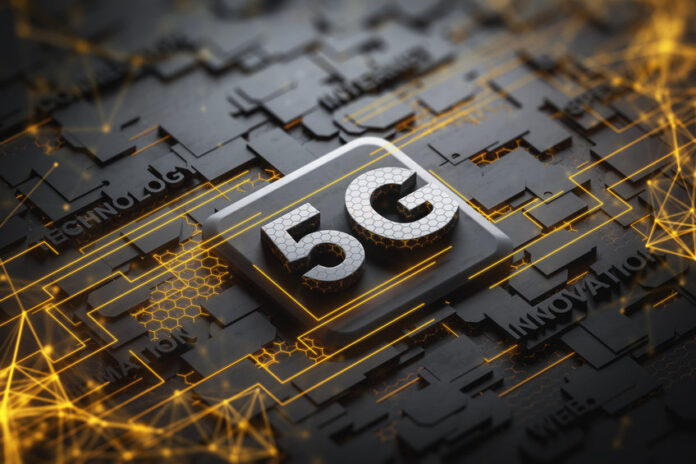Huawei said that its MetaAAU solution boosts performance and energy efficiency by making use of extremely large antenna array (ELAA) technology
BANGKOK, THAILAND- Chinese vendor Huawei launched a new set of solutions with the aim of facilitating the evolution of all frequency bands to 5G.
The launch took place during the company’s Global Mobile Broadband Forum 2022, held this week in Thailand’s capital, Bangkok.
According to Yang Chaobin, Huawei’s president of ICT products and solutions and head of the wireless solutions division, an evolution of all spectrum bands to 5G will be needed in order to deliver optimal performance and experiences with minimal energy consumption.
Huawei noted that during the initial phase of 5G network construction, operators focused on TDD and mmWave. However, recently TDD+FDD convergence has been the mode of choice for most operators. “Moving forward, all connections and services will need to adapt to 5G to remain relevant, and so will all bands. Huawei has developed the ‘One 5G’ concept and solutions to maximize the capabilities of all bands, and facilitate seamless coordination between bands, which lays the groundwork for the construction of efficient and cost-effective 5G networks,” the vendor said.
Huawei said that its MetaAAU solution boosts performance and energy efficiency by making use of extremely large antenna array (ELAA) technology, as well as new software and hardware, such as algorithms and architectures. The vendor said that MetaAAU has been deployed at scale around the world, with the delivery of more than 100,000 pieces so far. “It has been proven to boost uplink and downlink user experience by 30% given the same amount of power consumption, and ensure the same level of coverage while consuming 30% less energy,” Huawei said.
“Products with higher bandwidth will be a must-have for operators to fulfill the C-band allocation needs and simplify the ultra-high bandwidth deployment. Huawei’s brand-new 800 MHz MetaAAU enables simplified network deployment on the 3.4 GHz to 3.8 GHz bands, and the 3.8 GHz to 4.2 GHz bands to be allocated as well. For scenarios with limited antenna installation space, Huawei provides Meta BladeAAU, which combines Meta and Blade technologies in a unique way, to allow for easy deployment of MetaAAU and all sub-3 GHz bands on a single pole, making it ideal for single-antenna scenarios,” the vendor added.
Huawei also announced its ultra-wideband 4T4R RRU, which supports simplified deployment of 700–900 MHz and 1.8–2.6/1.4 GHz multi-band networks, and millisecond-level power sharing across all carriers, bands, and RATs, which reduces power consumption by 30% “Another Huawei product, dual-band 8T8R RRU that supports both the 1.8 GHz and 2.1 GHz bands, can increase 4G and 5G network capacity by 1.5 and 3 times, respectively (…) For scenarios requiring a large capacity, Huawei provides FDD Massive MIMO AAU, which can increase 4G and 5G network capacity by 3 and 5 times, respectively, enhancing 4G and 5G performance,” Huawei said. This product has been commercially deployed at scale on over 70 networks around the world, according to the vendor.
“Considering that 70% of wireless network traffic comes from the indoor scenarios, Huawei has developed the LampSite 5.0 solution that features TDD+FDD multi-band and multi-RAT combination,” Huawei said. The Chinese company highlighted that the new setup reduces hardware weight and volume by 25% and also cut power consumption by 40%. In addition, mmWave is introduced for the LampSite solution to deliver indoor 10 Gbps capacity based on a distributed architecture and ultra-large bandwidth, the company added.
Huawei also launched the RuralLink solution that is designed for remote areas. “With this solution, a single 4T4R RRU and antenna are all that’s needed to provide rural coverage for three sectors, and microwave fronthaul can be deployed without the need for BBUs to achieve inter-site distance of more than 20 kilometers. Thanks to its simplified design and ultra-low power consumption, only six solar panels are enough to power a single site and remote O&M is supported.”

